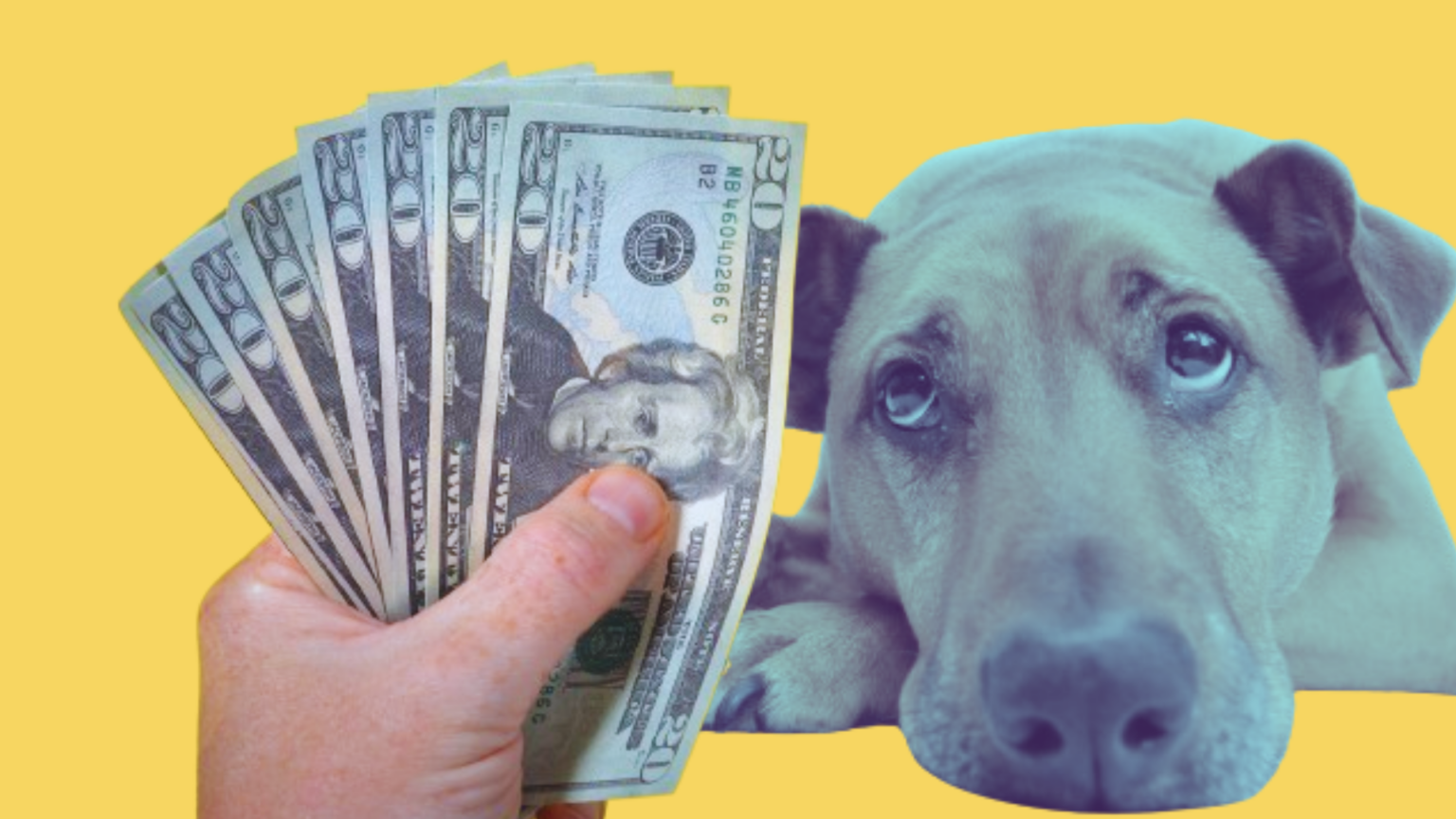Those taking their pets to veterinary clinics are noticing a distressing trend — extra pricey vet bills.
Veterinary costs are among the top the 10% of the fastest-growing line items in the Consumer Price Index, spiking 32% since 2020.
Americans are projected to shell out over $150 billion on their pets this year, up nearly 50% from $103 billion in 2020. Though inflation bears some of the responsibility for the increase, another hidden variable is adding to the bill.
Private equity has been making big moves in the veterinary sector, driving up costs and catching the attention of consumers, lawmakers, and regulators alike.
The Man Behind the Curtain
Multinational firms and private equity have been pouring into the veterinary market, making an estimated $51.9 billion worth of acquisitions between 2017 and 2022.
Data from investment tracker Pitchbook shows private equity involvement in veterinary medicine is up 600% in the last few years. More than 75% of all specialty vet services, such as emergency rooms and hospitals, and somewhere between 30 and 50% of all veterinary clinics, are already in the portfolios of firms like Goldman Sachs, JAB Holdings, and SkyKnight.
Private Equity’s Interest in Veterinary Care
As for the motivation of private equity firms: Veterinary businesses are often tight revenue, direct payment models. Moreover, it’s a less regulated industry relative to other health sectors.
When making difficult financial decisions, owners’ love for their pets can push them into services they can’t afford without going into significant debt. Investors are noticing that people will pay a lot more for their pets’ healthcare than they will for other consumer categories.
Pet owners around the country are facing sticker shock when getting anything from routine vaccination shots to complex radiology scanning for their pet. Basic service costs, such as check-ups and vaccinations have nearly doubled since 2018. When it comes to more significant health problem, many pet owners are taking out loans to foot the bill.
Drawing Regulatory Attention
Even politicians are noticing.
Senator Elizabeth Warren (D-Mass.) recently wrote a letter to the CEO and Managing Partner of private equity firm JAB Holding Company. JAB is one of the most prolific firms acquiring stakes in the veterinary industry.
Warren’s letter demands pricing for various kinds of veterinary services, with a deadline of August 21.
Additionally, the letter points out that JAB is misleading consumers in the pet insurance market.
“In addition to rolling up competing veterinary practices, JAB also owns numerous pet insurance brands. This vertical integration may empower JAB to preference its own insurance brands at its clinics. JAB’s decision to sell separately-branded insurance policies also gives customers a false illusion of choosing among separately-owned pet insurance companies.”
Senator Elizabeth Warren (D-Mass.) in an August 6 letter to JAB Holdings.
JAB Holdings has bought so many veterinary practices and services, the Federal Trade Commission intervened in 2022, requiring approval and conditions for further acquisitions.
The FTC approved JAB’s $1.65 billion acquisition of Ethos, a veterinary hospital group with 140 locations, on the condition the firm divest from other clinics in four major metropolitan areas.
Escalating Trend, Escalating Veterinary Costs
Still, private equity firms are hardly deterred by the regulatory attention.
Several multi-billion dollar deals have already been announced in 2024, with more in the works. By April of 2024, more than $9 billion worth of private equity investment in the veterinary industry had already been finalized. Should that trend continue, the industry will see a $28 billion capital influx from private equity’s continued consolidation of the veterinary market by the year’s end.
Private equity primarily has one goal: To make money. Much of the time, that involves some unsavory changes, such as selling assets, cutting safety and quality measures, and raising prices.
In this case, as with many, that money will ultimately come from one source: Loving pet owners trying to do right by their furry best friends.
Related: Can Flavor Flav Save Red Lobster From Private Equity?


